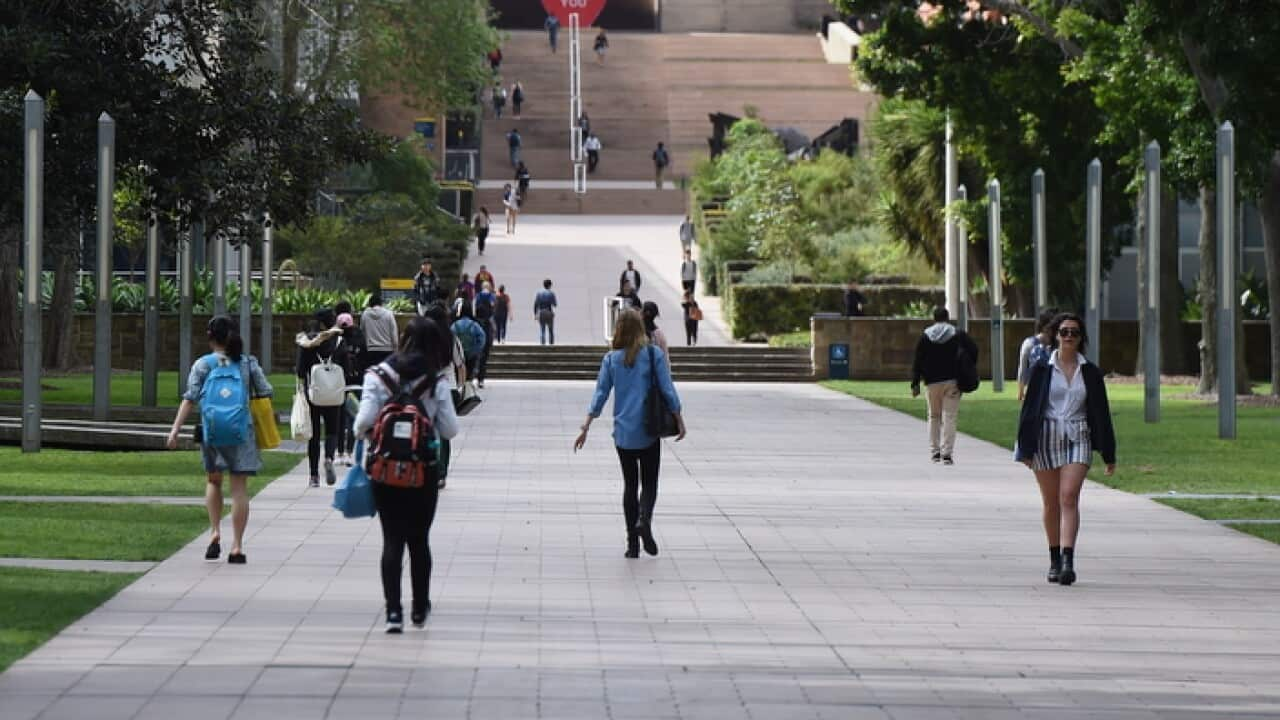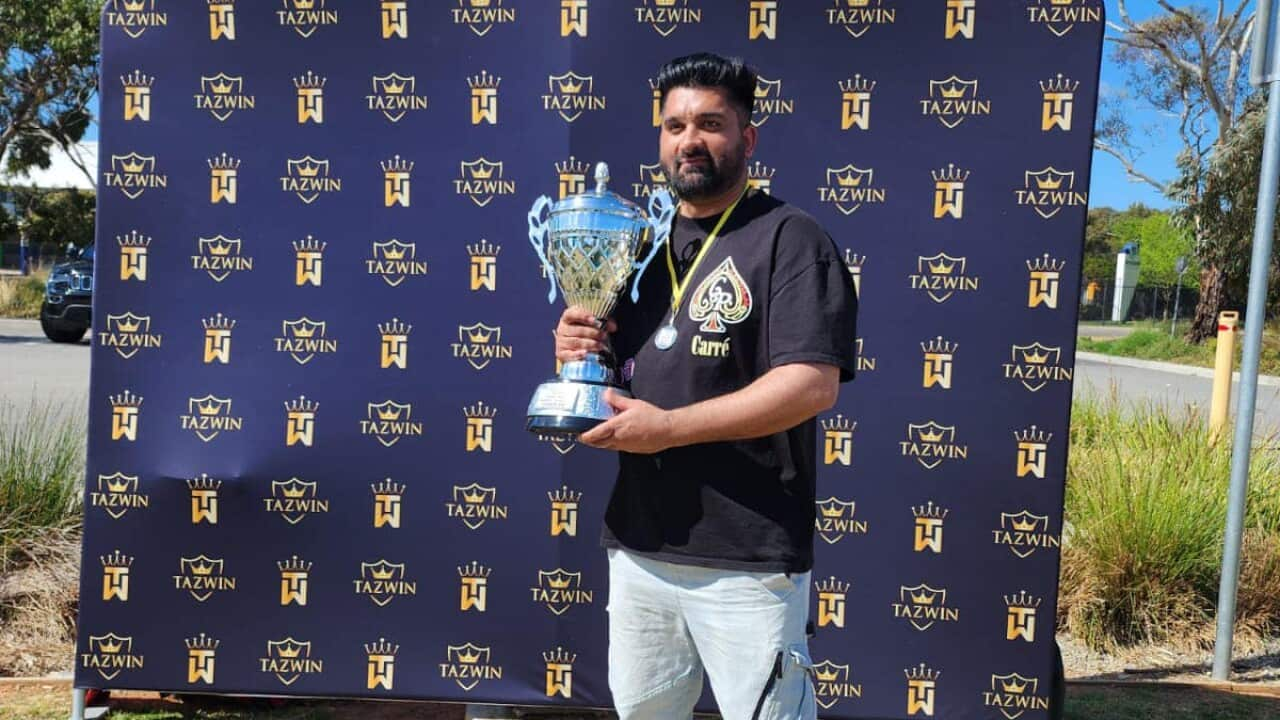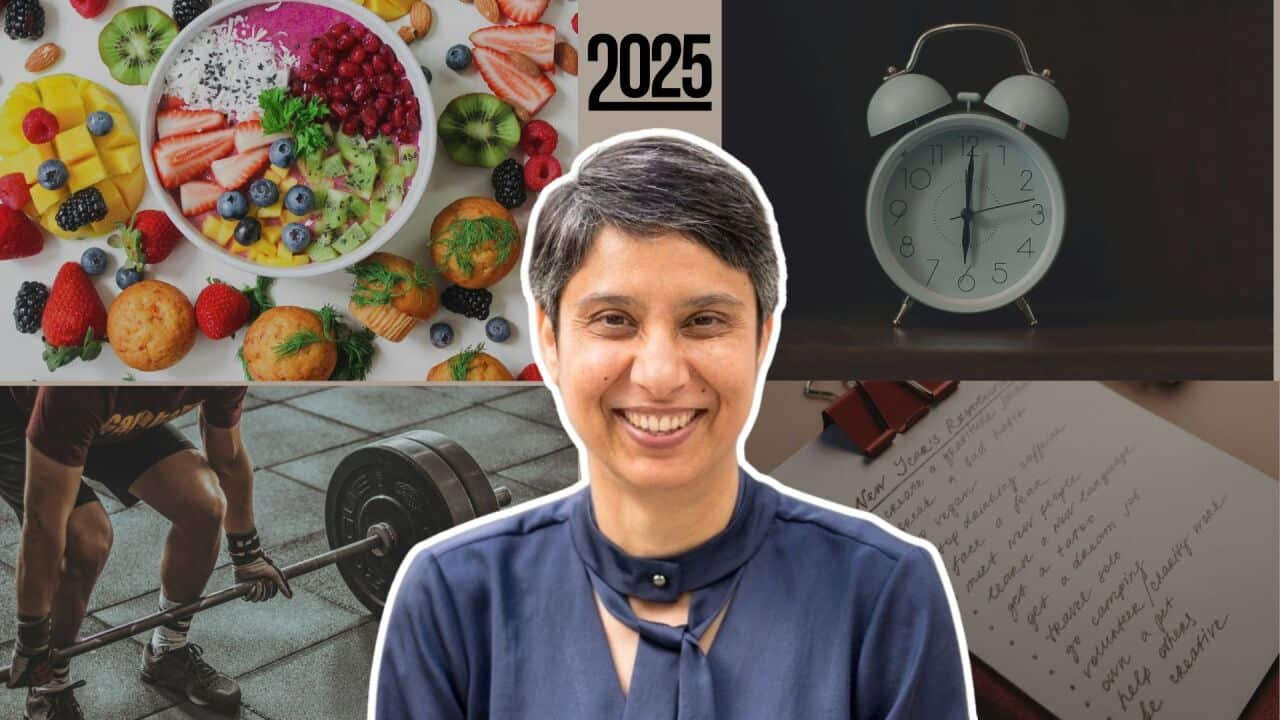Education minister Simon Birmingham says English Language Intensive Courses for Overseas Students will have to formally assess students where they provide direct entry to a tertiary course.
"The vast majority of language courses are providing high quality outcomes, which is why more than 90 per cent of international students report high levels of satisfaction with their study experience in Australia, but some slip through the cracks and it's unacceptable for that to occur."
The stricter standards will include at least 20 face-to-face teaching hours a week, with classes having no more than 18 students at a time.
There will be a compulsory formal assessment on English language skills before students can enter a tertiary course.
Minister Birmingham says for the first time the standard will also apply to vocational and training courses like TAFE.
"This is about protecting international students and ensuring that they get the education and training they deserve. Because reputation is what drives students and attracts students to Australia and it is why we must safeguard and protect that reputation at all costs into the future.
It is also being seen as a crackdown on English colleges, to prevent teachers from passing students with a poor language skills.
At the moment there is no formal process to assess overseas students.
They can currently pass a course, either here or overseas, without proof and gain direct entry to university.
Chief Executive of the International Education Association of Australia, Phil Honeywood, explains.
"We're going one more step to ensure that Australia is seen not just as a safe and affordable study destination, but as a destination that emphasises quality in everything we do."
There are some 600,000 international students in Australia
Many are from Asia, with upwards of 90,000 from China alone.
Sam Wong from the Federation of Chinese Associations of A-C-T believes there shouldn't be sweeping changes to a $28-billion sector based on anecdotal evidence.
"I think it is a little bit overburdening for examination. They have good and competency in English before they enter their first year study of university."
But Yi Wang welcomes a tougher test.
"If the test is harder, then we will study harder, for us the rest of living in Australia will be easier because we can speak fluent English and we can fit in in this place."








